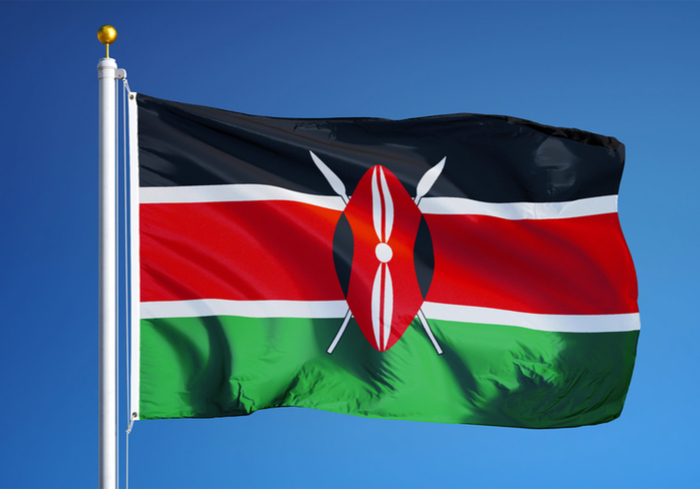Kenyan bankers and fund managers have warned a proposed “Robin Hood” tax on many transactions will threaten the future of the country’s economy.
According to the Financial Times , the finance bill includes a 0.05 percent excise duty on “money transferred by banks, money transfer agencies and other financial service providers” in amounts of more than Ks500,000 ($4,950).
The Kenya Bankers Association said the proposed tax would “have wide-ranging implications on the economy, including through the interbank market and international trade and investment.”
In addition, Einstein Kihanda, head of Kenya’s fund managers association, said he wanted to “fight” the proposal since it could “cut up to 5 percent off many investors’ annual returns.”
“As written, it affects almost everything we do across the financial services sector,” he said, adding that many trades, particularly of bonds, often involve four transactions.
“When you go to the wider economy the higher cost of transactions means traders will minimize activity, which affects liquidity and the attractiveness of the capital market,” he said. “You will end up informalising the economy at a time when the government is trying to grow the formal economy and the capital market.”
Both associations said they were consulting their members and would then raise their concerns with the government.
Earlier this month, Kenya’s biggest mobile phone operator, Safaricom , came out against another proposed tax rise which would increase the excise duty on mobile transfers to 12 percent from 10 percent.
But Safaricom’s CFO Sateesh Kamath said the tax hike would only serve to discourage the drive towards modern payments systems.
“Increased excise duty on mobile money transfers will negatively impact mobile-led transfer services and payments and slow down the government’s drive towards a cash-light economy,” said Kamath.
He added that raising the duty on mobile payments would mostly hurt the poor, most of whom do not have bank accounts and rely on mobile transfer services like the company’s M-Pesa , which now has more than 26 million users in the East African nation of 45 million.
